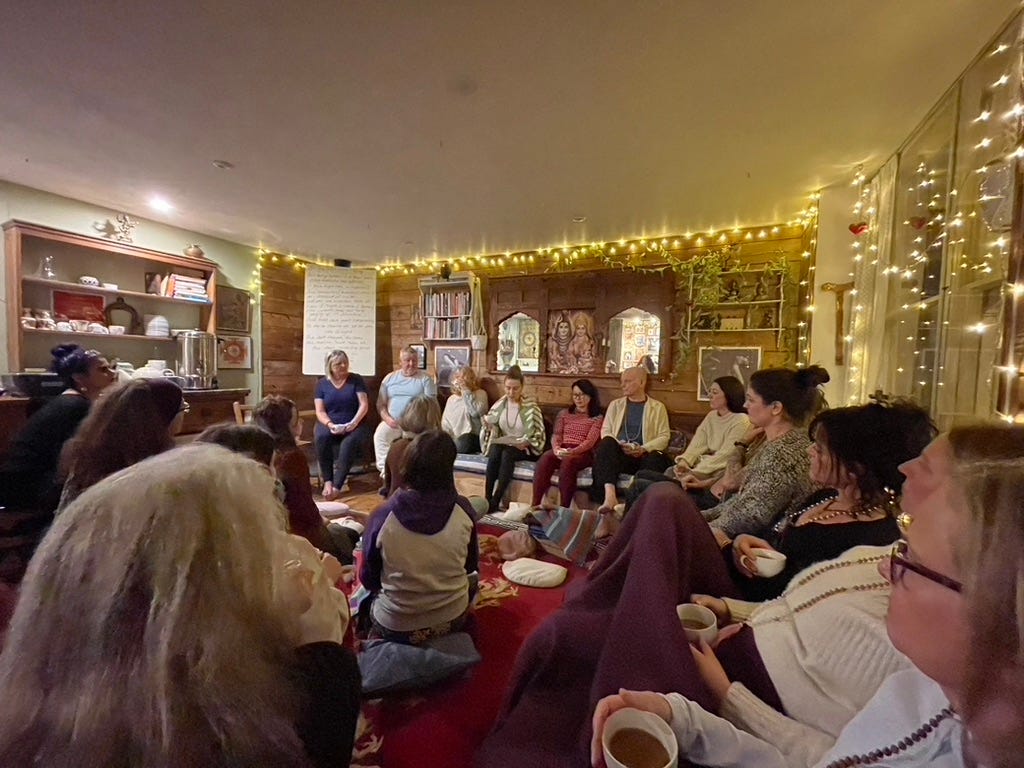Time to reframe your Neurologic
The importance of Reducing Environmental Stressors for the Brain, Mind, and Heart in an Ai landscape
Pre and Post Covid we have all continued to increase our reliance and relationship with technology. But did you ever consider that using social media and similar tech can also be seen as an impactful environmental stressor on Hypertension and other heart health related matters.
Recent research is leading the way in highlighting potential environmental and lifestyle markers including lifestyle choices, self and cultural practices, location and alongside the latest environmental stressor technology.
Neurologic generally refers to the anatomy, functions, and organic disorders of nerves and the nervous system. It includes neurological diseases like dementia, Alzheimers and Parkinson’s. With our increasing dependence on AI systems and devices, and the over-reliance on this evolving technology. Concerns are raising to whether the technology we are using will contribute to future cognitive function impediments and our susceptibility to neurological diseases.
It is worth taking into account connected devices are predicted to increase in number, from 20 billion in 2020 to 50 billion in 2030. These devices are expected to include 1 trillion sensors in 2020 and 100 trillion sensors in 2030. IoT is expected to create $6.2 trillion of new economic value by 2025.
Considerations to balance usage with nature to nourish our brains as well as our soul’s is paramount if we are to give our brains the critical downtime they need. Without mindfully observing and subsequently curbing our tech habits we run the risk of depriving our brains of critical downtime. Resulting in reducing our ability to think deeply and maintain focus affecting both the central nervous system (CNS) and the peripheral nervous system. Alongside possibly contributing towards High blood pressure, or hypertension increasing the risk of serious problems such as heart attacks and strokes.
One key aspect to finding balance are to maintain social relationships as they provide important sources of emotional and practical support that can buffer the negative physical and psychological effects of environmental stress.
The lack of supportive relationships not only leaves one without these resources but can itself be a significant source of stress. Social isolation, defined by the size and composition of the social network (e.g., marital status, number of close friends and relatives, religious or other group affiliations), has been associated with cardiovascular disease and all-cause mortality.

‘Stress is the perception of environmental demands that are believed to exceed one's resources for adapting to the situation.’
Genetic and behaviour factors do not fully explain the development of hypertension, and there is increasing evidence suggesting that psychosocial factors may also play an important role. Chronic stress exposure is a risk factor for hypertension, and occupational stress, stressful aspects of the social environment, and low socioeconomic status have each been studied extensively.
Discrimination is a newer and rapidly growing area of investigation that may also help explain the racial disparities in hypertension. Research has largely focused on cardiovascular reactivity as a mechanism underlying stress effects on hypertension, but delayed recovery to the pre-stress level is increasingly being evaluated as another possible pathway. Loneliness, which reflects a discrepancy between one's actual and desired level of social connectedness, has been associated with cardiovascular function and reactivity to laboratory stress, although its influence on hypertension risk has not yet been evaluated.
Technology is giving us amazing opportunities to learn more about and treat ourselves and do amazing things. However, it is essential to find a healthy balance between being and doing. Scheduled time away from the distractions of phones, emails, and the Internet by spending time in nature and with others can help reduce stress levels, a contributing factor to hypertension.
Simplifying life and making a point of socialising in person can benefit our brains as well as uplift our spirits. Cultivating optimum wellness while consciously co-existing in this ever-evolving, new world.



